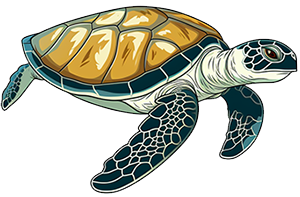Search results for: “advanced”
-
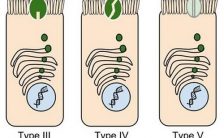
Case Study – Cystic Fibrosis
This case study explores the relationship between the cell membrane and breathing difficulties that occur as a result of the genetic disorder cystic fibrosis.
-
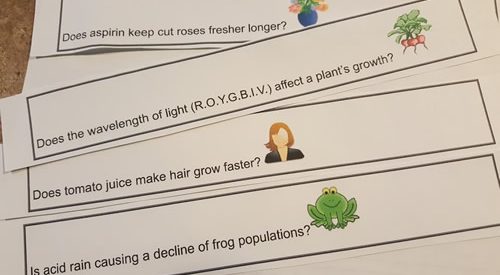
Scientific Method Scenarios
students work in groups to develop an experiment that answers a question. Students design the experiment, and must also identify the a control group and the independent and dependent variables in their experiment.
-

Learn Transcription and Translation by Coloring
Graphic shows the process of transcription and translation. Color the parts of the model as your learn about them!
-
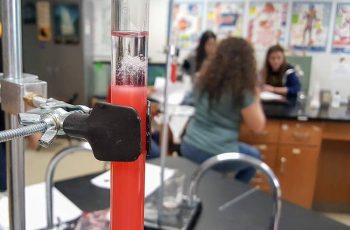
Simple Experiment to Extract DNA from a Strawberry
Crush strawberries and use detergent to break the cell wall, releasing DNA. Alcohol is then poured slowly over the top of the solution and DNA will rise to the surface.
-

Chi Square Analysis
The new Advanced Placement Biology curriculum includes a few topics on statistical analysis under the section on Science Practices: “Students can use mathematics appropriately.” Most introductory level biology classes (freshman) do not include these lessons because it can be difficult with students who haven’t advanced very far in algebra. Seniors in AP Biology should…
-
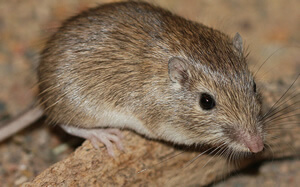
Teaching Evolution Using Animal Models
Most evolution units start with a history of evolutionary thought, where scientists of the past, like Darwin, Linnaeus, Larmarke, and Wallace, are discussed with regard to their contributions to evolutionary theory. If you’re not careful, you can end up spending too much time on the history, talking about the Voyage of the Beagle and the…
-
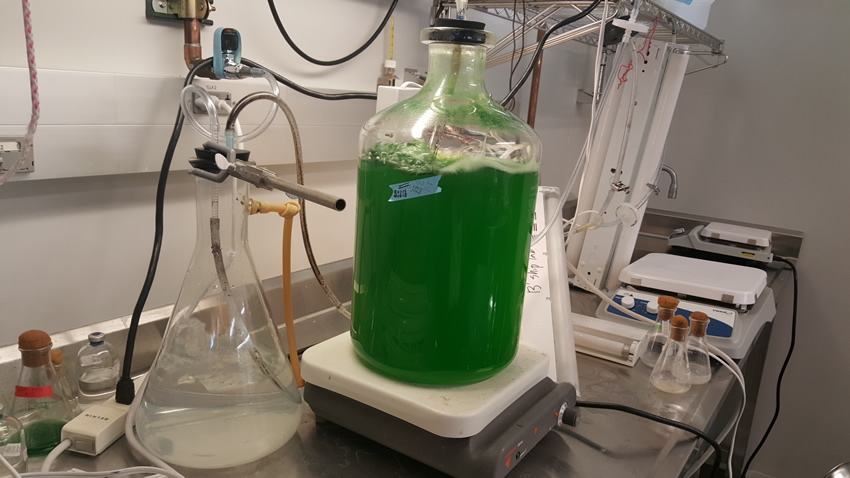
Can Bacteria Be Designed to Create Gasoline?
I’ve heard the term “biofuel” before, and that usually conjures up images of corn fields and ethanol. I recently attended a lecture at Washington University presented by Fuzhong Zhang. The title of the workshop was quite intimidating: “Synthetic Regulatory Systems for Dynamic Metabolic Pathways.” Teachers don’t just spend our summers lazing about at the pool!…
-
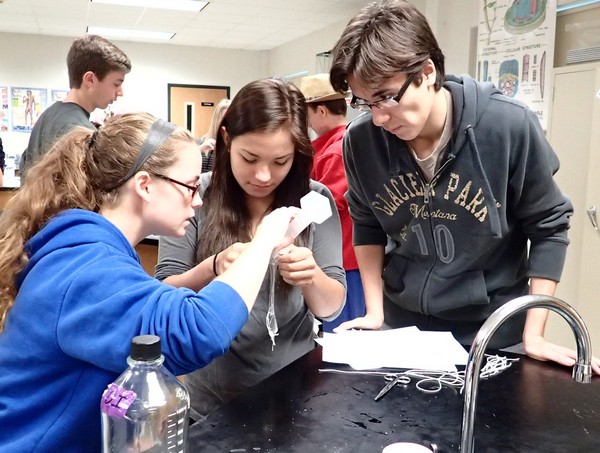
How to Make Group Activities and Grading Fair
During the cell unit of Advanced Placement biology, students are required to do three investigations (labs): Diffusion and Osmosis, Photosynthesis, and Cellular Respiration. Students work in groups of 3 to 4 to work through these investigations and analyze data. I often have them only turn in ONE copy of the lab guide because as a…
-
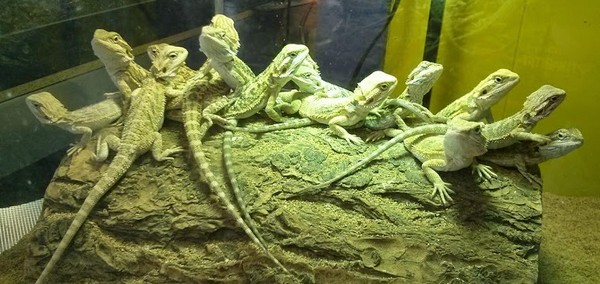
How to Create Your Classroom Seating Chart
Ideas for assigning seats in the classroom on the very first day without the awkward role call.
-

Mini Field Trip to the Park
If you’re on the last days before school is out for the summer, you are probably encountering a lot of excited kids who really aren’t interested in sticking their nose in a book. Why not take them outside onto the school grounds or a nearby park and do outdoor projects?
-
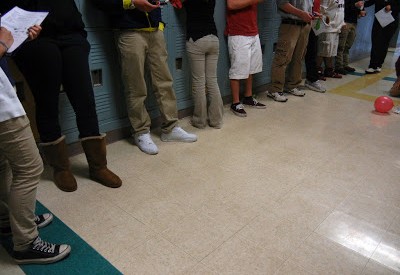
How to Have a Great First Day of School
Things I do the first day that are intended to get students interested in the class and excited about science. Classroom management is still important, and I avoid going too overboard the first day because then students get the wrong impression that every day is going to be Super-Happy-Fun-Time. That being said, there are some…
-
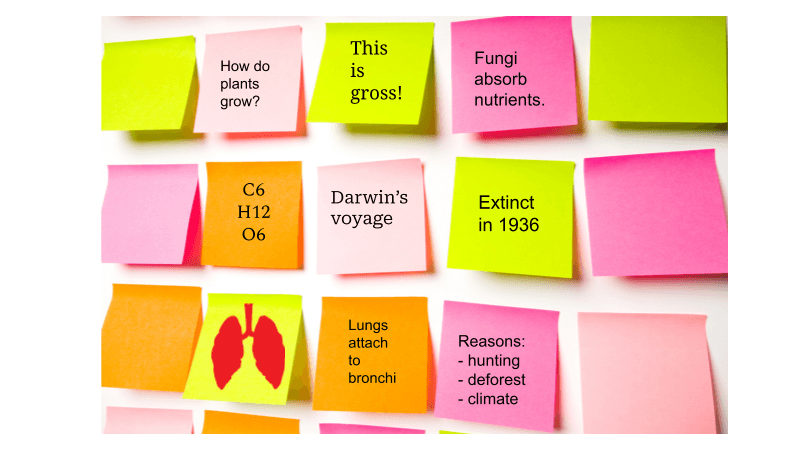
Student Activities for Reading Assignments
Use these activities for student reading assignments. Post it notes, pair and share, highlight text, and concept maps
-

Set the Class Tone on the First Day
This year I will have the exciting opportunity of teaching an introductory physics class to students on vocational tracks. For those not understanding ed-speak, this means that I will be taking a class of kids who have probably already failed in 8th grade, have poor test scores and may have already given up on school….
-
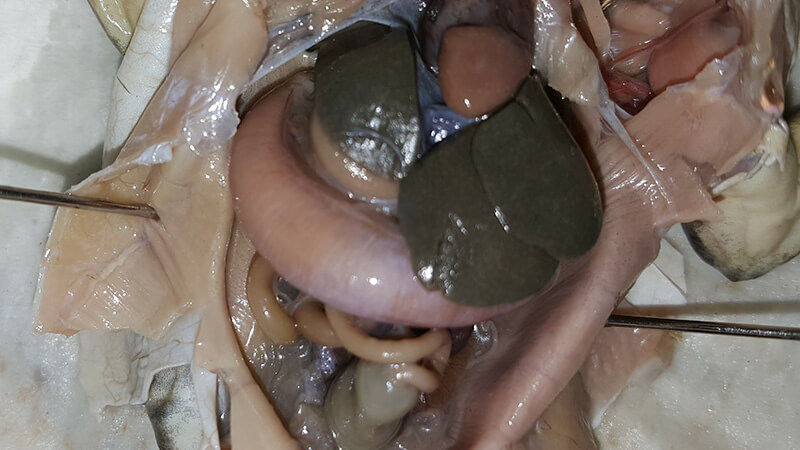
Frog Dissection Resources
Frog dissections serve as a pivotal educational tool for several reasons. Firstly, they provide students with a tangible exploration of vertebrate anatomy, allowing them to observe firsthand the intricate structures and systems that comprise an organism’s body. By dissecting frogs, students can identify organs such as the heart, lungs, liver, and intestines, fostering a deeper…
